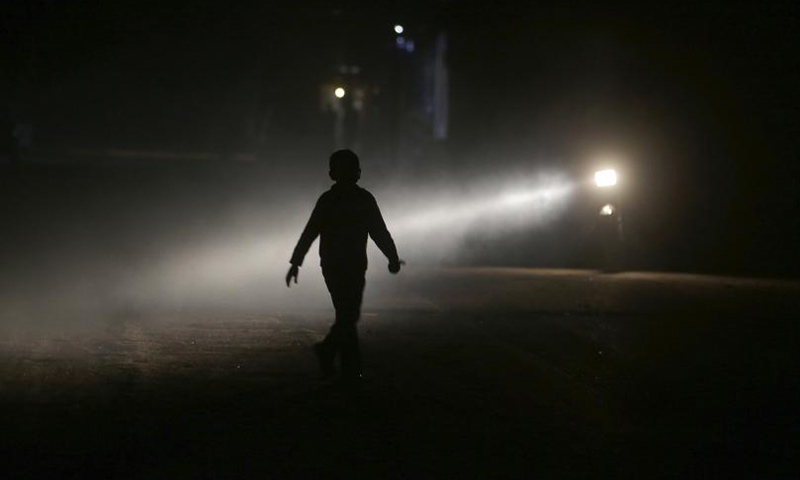First Sharia Judge of Damascus Mohammad al-Maarawi revealed a legal project to care for children of unknown parentage, the study for which has been completed by the Assad regime’s Social Affairs and Labor Ministry and is expected to be raised to the government soon.
The judge told the newspaper Al-Watan, which is close to the regime, on Wednesday, November 2, that “The law came in due time, especially given that the crisis in Syria has created many children of unknown parentage.”
The new law will substitute for the “foundlings” law, as the government moves to omit the term foundlings wherever it appears in the law, according to Maarawi, because it creates a stigma for children, and substitute the term for "children of unknown parentage."
The judge said that “the child of unknown parentage is not necessarily born as the result of adultery, but indeed there are children of unknown parentage because of their young age or sickness, or those who are lost. There are also children born as the result of rape during the crisis.”
The number of children of unknown parentage has increased in Syria over the last two years because of internal displacement and the mother lacking identifying papers (marriage contract) that proves the child is hers because of the death of the husband.
The situation is not limited to inside Syria alone — there are children of unknown parentage among Syrian refugees in neighboring countries. A report issued by the UNHCR under the title, “The future of Syria: refugee children in crisis” in 2014 reported that there are a large number of Syrian children who do not have birth certificates.
This article was translated and edited by The Syrian Observer. Responsibility for the information and views set out in this article lies entirely with the author.


